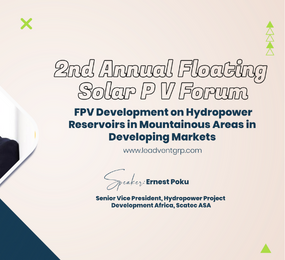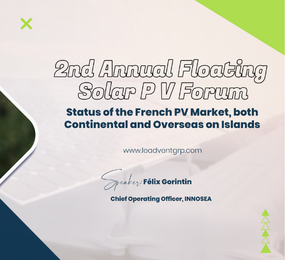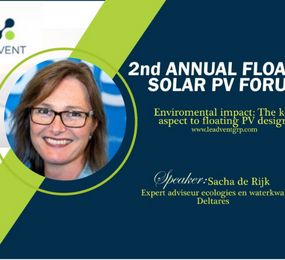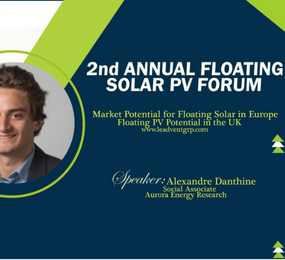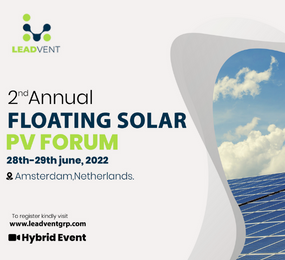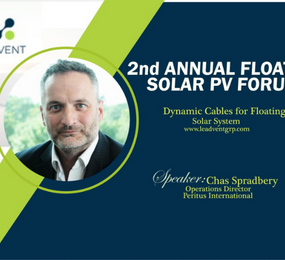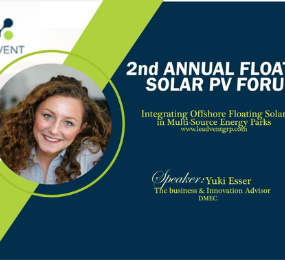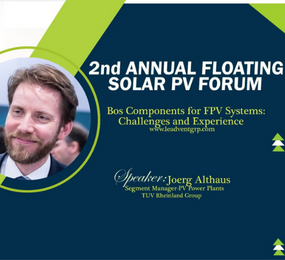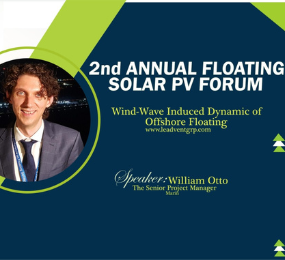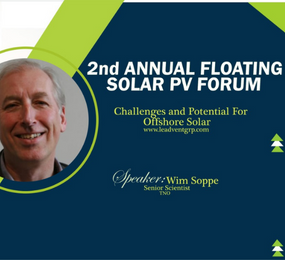Hybrid Operation of FPV- and Hydropower Plants
The floating PV-hydropower hybrid systems are becoming increasingly widespread. These FPV-hydropower hybrid systems are beneficial for a variety of reasons, the most important of which is that they provide a dual source of energy, needed for enhanced power output from hydropower reservoirs, and are a cost-effective alternative to ground-mounted PV systems. No wonder Chinese officials have been proposing to increase their country's usage of Floating PV in a similar manner.
Although this method has lots of possibilities, there are also challenges such as strong winds and shading effects caused by trees and buildings due to the sloppy environment which will adversely affect the productivity of the energy system as a whole. However, these factors can be reduced simply by applying the right design technology and installation of generators so as to generate a constant flow of power supply.
Benefits of FPV-Hydropower
The application of FPV systems plus Hydropower reservoirs is still in the emerging phase, but it has its own possibilities and benefits which include:
-
Optimization of power output: The hybrid system will improve in its power quality thereby increasing the utilization of the existing Hydropower system structure, this will curtail unnecessary wastages and generate more power supply.
-
Environmental bene?ts: If FPV- Hydropower hybrid systems are developed and managed well, water will be conserved due to a reduction in most hydropower operations and water evaporation.
-
Cost-effective: The merging of FPV-Hydropower hybrid systems is a cost-effective method as the FPV already has an existing Structure to perform with. The maintenance cost is also minimized even with an improved power system due to the dual power combination mechanism.
In conclusion, many benefits and innovations will manifest in the FPV- Hydropower hybrid system applications in the future. Optimal tools and techniques that will take the application of the advanced hybrid system to a greater height in the Energy market as there are still some hindering factors opposing the development and operations of the hybrid system which include technical, economic, environmental, social, regulatory, and cultural problems.
Do you want to learn more about this? Then, attend the 2nd Annual Floating Solar PV Forum
We are excited to announce that Erik Marstein, Centre Director/ Chief Scientist, IFE will present a case study on “Hybrid Operation of FPV and Hydropower Plant” at the 2nd Annual Floating Solar PV Forum on the 28th - 29th of June 2022. Don’t miss your chance to register and gain insight from other industry leaders!
Sign up here to be a part of the discussion and obtain a pass - https://bit.ly/3072eGM
For more information and group participation, contact us:
[email protected]


